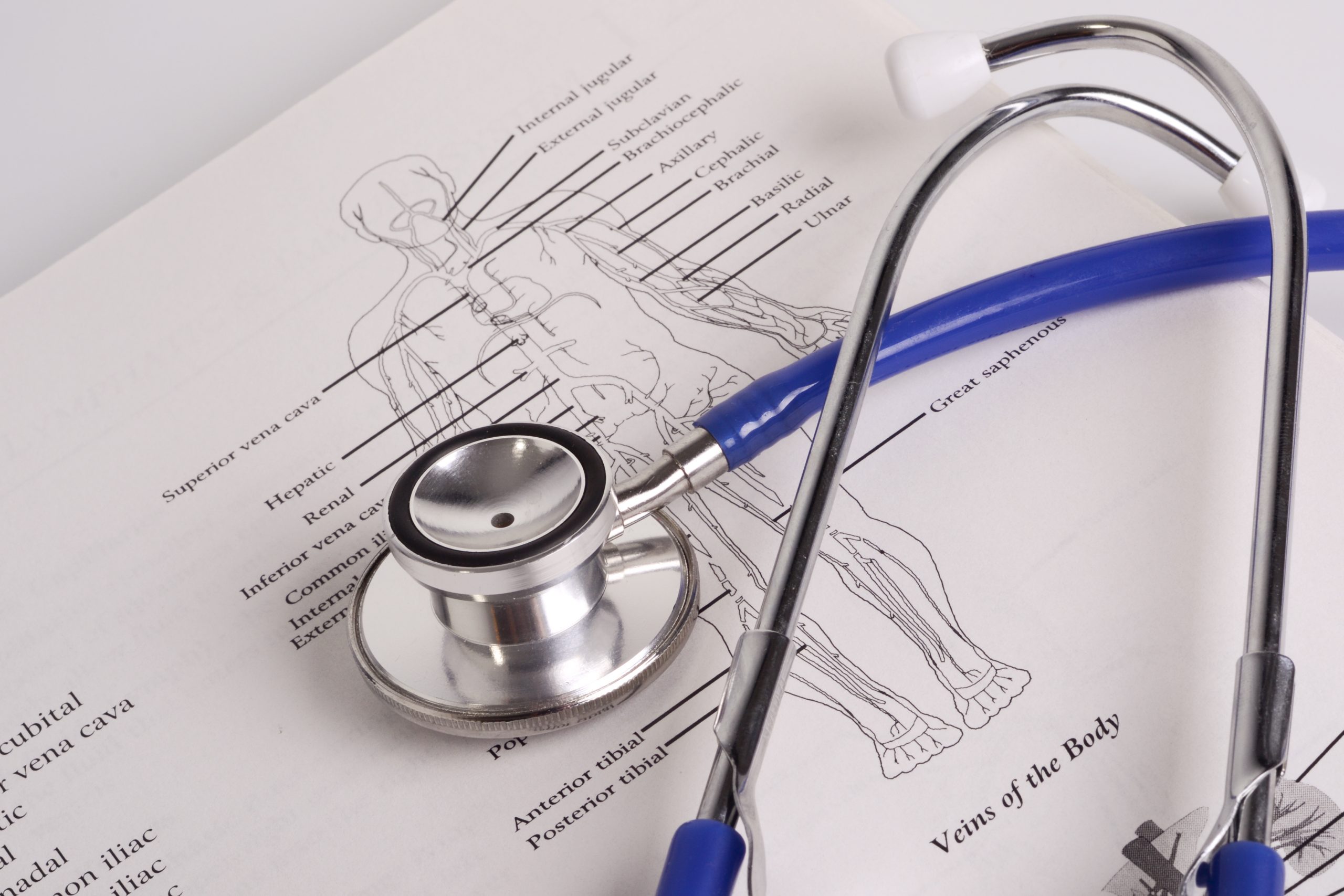The Ultimate Guide to Creating a Study Plan for Competitive Medical Exams
Preparing a study plan is crucial for success in a medical examination where the competition is extreme. A good and effective planning also saves you from an overdose of study material during the course of time, but effectively helps you manage the hours given to you. It helps you make a strategic preparation schedule.
Here’s an elaborated guide to study effectively.
Understand your goals and vision
- What You Are Pursuing: Which examination are you preparing for (NEETPG, FMGE USMLE, MCAT, etc.)?.
- Set a Target Score: Set your target score keeping in view your diagnostic test and practice exam
- Timeline: Decide your available time till the date of exam; you would get an idea about how to plan out your hours of study.
Assess Your Present Know
- Diagnostic Test: Diagnose your strengths and weaknesses by taking one full-length practice test.
- Content Areas: You can figure out which areas call for much more attention and for which you are good.
Content Deconstruction
- Focus on high yield topics tested most of the time: dedicate about 75% of study time to these high-yield topics
- Organize the material for review: for instance, if you’re taking the NEETUG, be systematic in covering everything within subjects like Biology, Chemistry, and Physics.
- Study Plan
- Blocks of Daily Study Time: Decide how much time you can concentrate on studying at any one point in time. The duration should be realistic.
- Weekly Targets: Set weekly targets of topics or chapters for sure reading. Tracking of progress helps.
- Rest Days: No study for one day in a row, lest you burn out. Balance study with non-study, fun and recreational activities.
Technique
- Active Learning: Interact with what you are reading by doing lots of active recall, practice questions, and explaining concepts to others.
- Practice Tests: Take practice exams often to mimic conditions and work on time management.
- Review Mistakes: Evaluate wrong answers in the practice test to know your mistakes and learn from them.
Flex and Flow
- Flexibility: Be flexible enough to change your study plan if needed. For example, if you encounter certain areas as relatively difficult, devote more time to those.
- Feedback Loop: Keep evaluating your knowledge and go back to strike new study deals with your study methods.
Make Use of Resources
- Use books, online courses, and question banks as study materials.
- Join or form study groups where you can learn other ways of explaining concepts.
- Hire a tutor for your difficult subjects or to have someone to mentor you forward.
Motivation
- Visually Study Calendar or Checklist: Make a visually visible calendar or checklist.
- Reward System: Award yourself with something by formulating a reward system while studying.
- Self-Controlling: Maintain a good way of life, adequate food, exercise, and good sleep.
The Final Review Stage
- A Thorough Review: At two weeks before the day of the exam, provide yourselves with a thorough review about all topics.
- Practice Under Examination Conditions: Practice full-length exams under timed conditions to build stamina and reduce anxiety.
Getting Ready for the Exam Day
- Logistics: Know the date, time, and place of the exam and what to take there.
- Mental Preparation: Practice relaxation techniques to help you feel more relaxed on the day of the exam.
These are the steps to create your personalized plan of study in the best possible way to pass competitive medical exams. Consistency and adaptability are the main areas where one needs to focus while studying effectively. Good luck!



